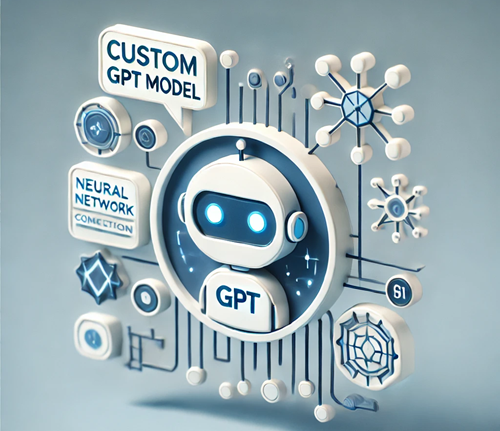The insurance industry is experiencing a profound shift, thanks to the adoption of blockchain technology and machine learning (ML). These cutting-edge technologies are revolutionizing how insurers manage risks, process claims, and enhance customer experiences. In this blog, we’ll explore the transformative potential of blockchain and ML in insurance and why these trends are shaping the future of the industry.
The Role of Blockchain in Modernizing the Insurance Sector
Blockchain for Transparency and Trust in Insurance
One of the key challenges in insurance is ensuring transparency and trust among stakeholders. Blockchain technology provides a secure and immutable ledger that records all transactions, creating a transparent system where every party can verify the data. This reduces fraud and builds trust between insurers and policyholders.
Smart Contracts Revolutionizing Insurance Processes
Smart contracts, powered by blockchain, automate policy agreements, claims processing, and payments. These self-executing contracts reduce delays, eliminate paperwork, and ensure error-free execution, leading to enhanced efficiency.
Fraud Detection with Blockchain
Fraudulent claims cost the insurance industry billions every year. Blockchain allows for real-time data sharing among insurers, making it easier to identify suspicious activities and reduce fraud.
Machine Learning: Driving Efficiency in Insurance Operations
Predictive Analytics with Machine Learning
Machine learning in insurance enables companies to analyze historical data to predict risks accurately. This helps insurers create personalized policies and set premiums based on individual behavior, rather than broad demographic data.
AI-Powered Fraud Detection in Insurance
Machine learning algorithms are adept at identifying unusual patterns and behaviors. This capability is revolutionizing fraud detection by flagging high-risk claims for further investigation.
Enhancing Customer Experience with AI
Machine learning drives chatbots and virtual assistants, providing instant responses to customer queries. By leveraging AI in insurance, companies can offer personalized experiences, improve claim processing times, and increase customer satisfaction.
Key Benefits of Blockchain and Machine Learning in Insurance
Efficiency and Cost Reduction
Automating processes with blockchain smart contracts and ML reduces manual effort, cutting operational costs.
Improved Risk Assessment
Machine learning models analyze complex datasets to assess risks more accurately, allowing insurers to make informed underwriting decisions.
Data Security and Privacy
Blockchain ensures the secure storage of sensitive customer data, adhering to strict compliance and privacy regulations.
Real-World Use Cases of Blockchain and ML in Insurance
- Parametric Insurance: Using smart contracts to automate payouts based on predefined conditions, such as weather data for crop insurance.
- Claims Management: ML algorithms streamline the claims process, reducing processing times from weeks to minutes.
- Underwriting: Blockchain enables seamless sharing of data among insurers, improving underwriting accuracy.
Why Blockchain and Machine Learning Are the Future of Insurtech
The integration of blockchain and machine learning is not just a trend; it’s a necessity for insurers aiming to remain competitive in the digital age. These technologies are fostering innovation, reducing costs, and creating a customer-centric ecosystem.
As more companies embrace blockchain in insurance and leverage AI-driven solutions, the industry will continue to evolve, offering smarter, faster, and more secure services to customers worldwide.
FAQs About Blockchain and Machine Learning in Insurance
1. What is the impact of blockchain on insurance?
Blockchain enhances transparency, reduces fraud, and automates processes with smart contracts, improving overall efficiency.
2. How does machine learning improve risk assessment?
Machine learning models analyze historical and real-time data to predict risks accurately, enabling insurers to make informed decisions.
3. Are there any challenges in adopting blockchain and ML in insurance?
Yes, challenges include high implementation costs, regulatory hurdles, and the need for skilled professionals.
Conclusion
The combined power of blockchain technology and machine learning is reshaping the insurance landscape. From improving transparency to enhancing customer experiences, these technologies are enabling insurers to deliver innovative solutions tailored to the modern world.










